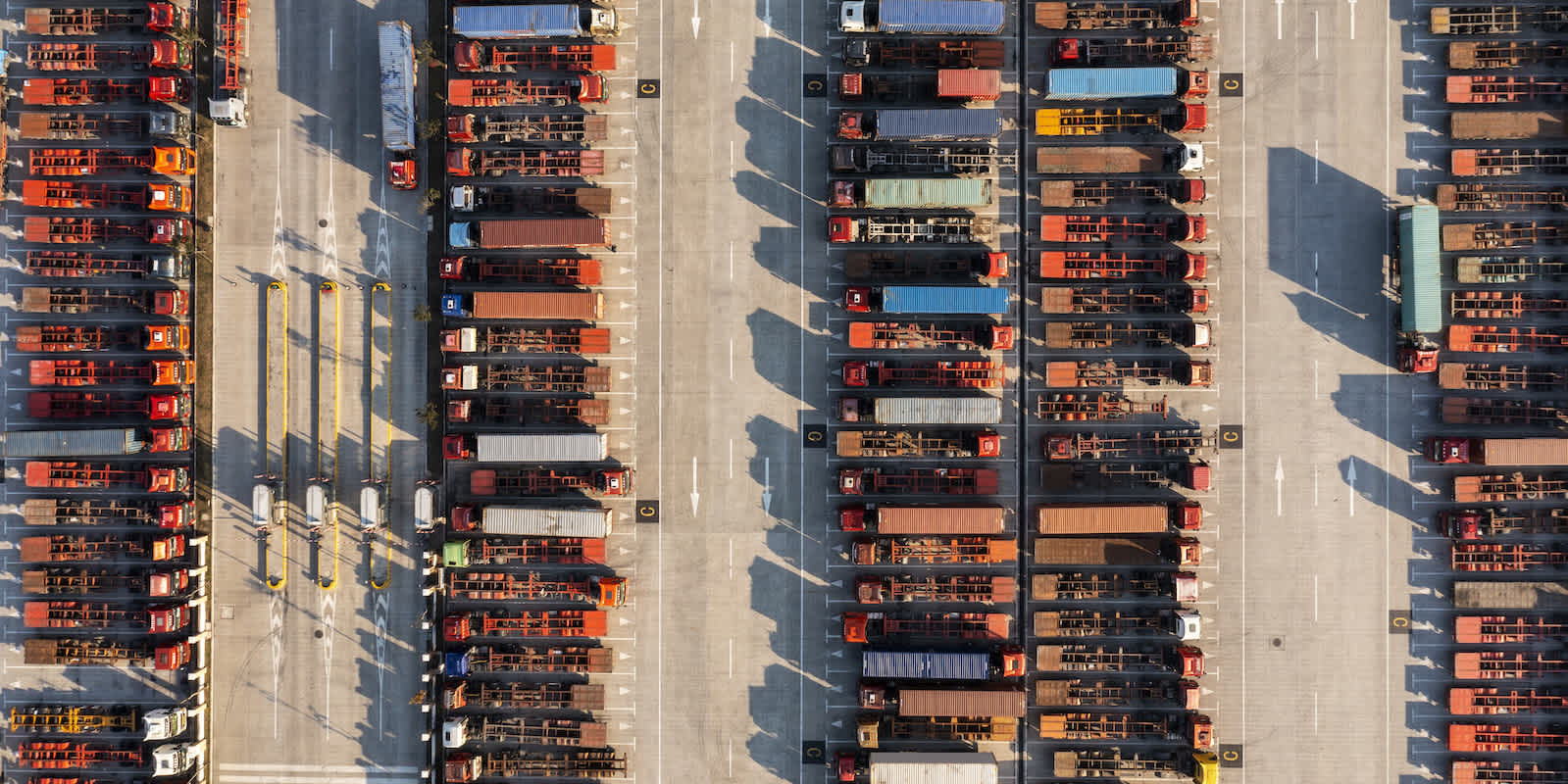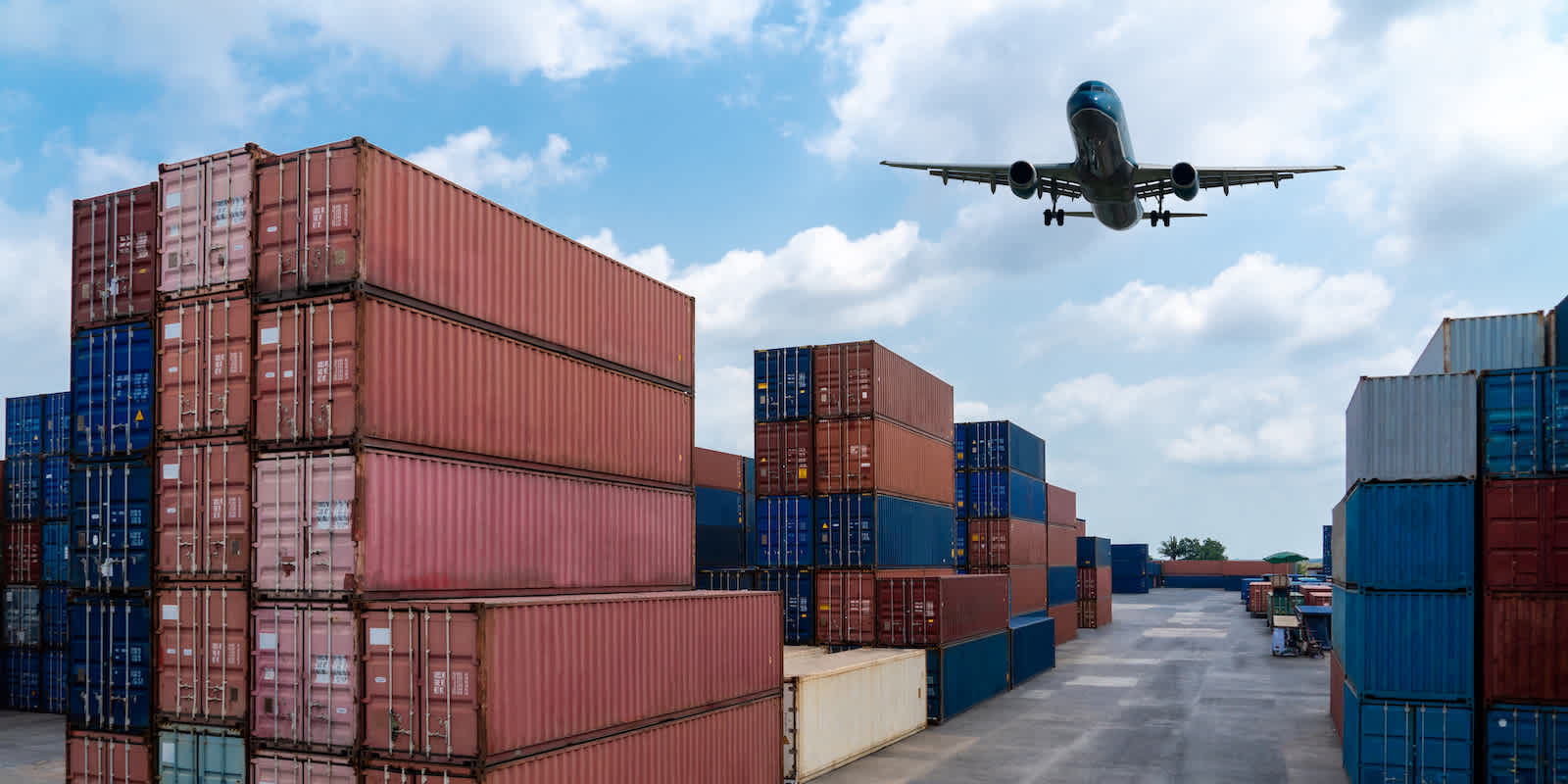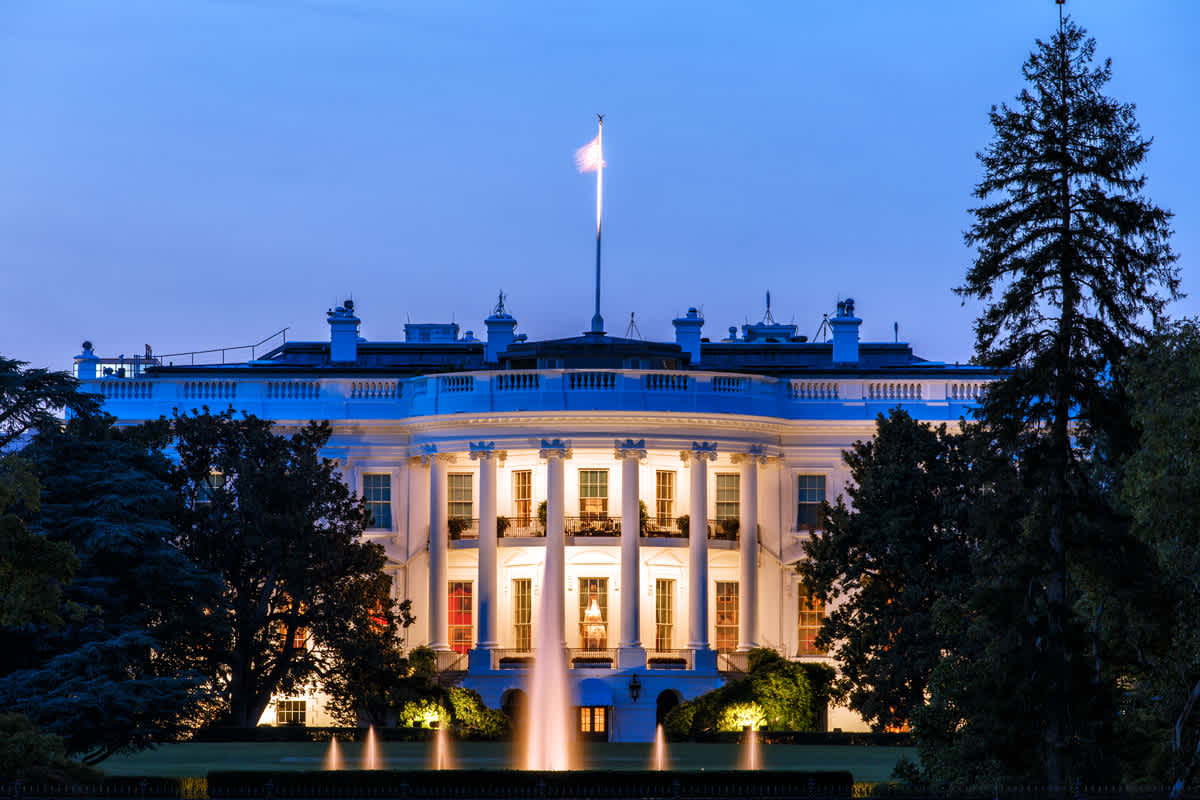
July 31, 2023
Supply Chain Snapshots - News of the Week (July 31, 2023)
Monday, July 31, 2023
Rail Freight From Canada to U.S. Continues To Drop After Ports Strike
(Read more on CNBC)
Last week marked the third-straight week of declining rail traffic as the on-again off-again strike at the West Coast Canadian ports continue with no end in sight. Despite week-over-week improvements in total rail volume entering the U.S. from Canada (down only 12% on 7/22 compared to -36% during the second week of the strike), port entry wait times and congestion removal tallies reach record highs. The average wait time to get into the port of Vancouver is now 7.8 days with nine containerships waiting in line, and the congestion tally is up to 42-70 days.
California Ports Get More Than $700M in Federal Grants
(Read more on Supply Chain Dive)
The pandemic shed light on several weak links in California’s global trade gateways. After reaching a breaking point of decade-long inefficiencies, critical investments are being made to modernize California ports with an emphasis on environmental sustainability and more streamlined distribution processes. Improvements will be made at the individual level through awarded grants. The port of Long Beach, for example, will receive $225M for a variety of zero-emissions cargo-moving equipment.
Severe Drought Forces Panama Canal to Restrict Number of Daily Vessel Transits
(Read more on gCaptain)
Despite measures to conserve water and the rainy season ahead, the Panama Canal Authority plans to reduce daily vessel transits to combat the recent ongoing drought. Beginning July 30, the canal’s daily capacity will be lowered to roughly 32 vessels per day (10 vessels allowed in the Neopanamax locks and 22 in the Panamax locks) with potential for even steeper adjustments depending on future weather forecasts and other factors. This announcement directly correlates with carriers’ recent decision to implement a Panama Canal Surcharge.
Why Supply Chain Execs Should Watch the U.S. Housing Market
(Read more on Supply Chain Dive)
In this panel discussion with Supply Chain Dive, Flexport’s Chief Economist, Phil Levy, weighs in on the Federal Reserve’s attempt to control inflation since March of last year by increasing interest rates and how this puts a damper on the demand for personal consumer goods. He advises businesses to not overextend themselves and “watch the labor market and whether core inflationary measures are moving significantly downwards.”
Could Generative AI Solve Fashion’s Excess Stock Problems?
(Read more on Vogue Business)
Advocates for generative AI believe that focusing on building the proper foundations of data science and machine learning now will pave the way for an easy-to-use generative AI-powered supply chain in the future. AI, in its current state, has already transformed supply chain management through more accurate demand forecasting, more insightful data analyses, and faster decision-making. But generative AI has the potential to take these benefits one step further by speeding up the inventory management process, for example, and solving present and future supply chain challenges.






